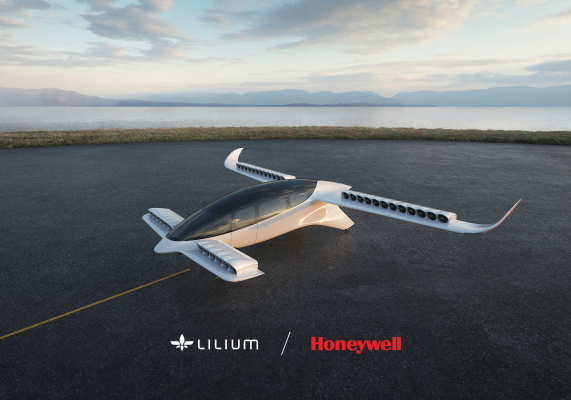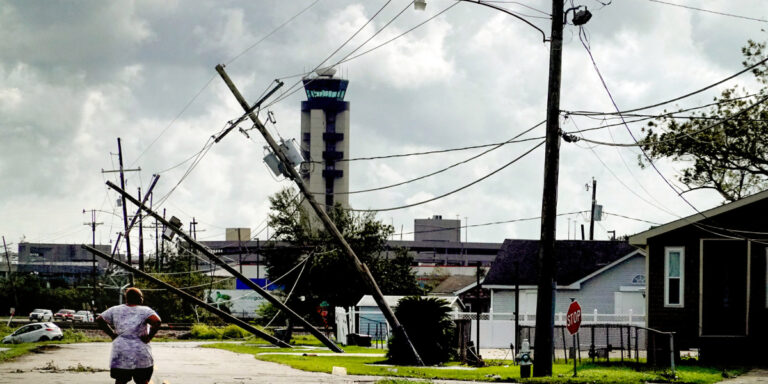
German electric air mobility company Lilium has partnered with aerospace manufacturer Honeywell to develop the electronics and mechanical systems for the 7-seater Lilium Jet, the company’s debut eVTOL.
Honeywell will supply its compact fly-by-wire system, a flight control component that will be responsible for controlling all of the Jet’s moving parts, and the aircraft’s avionics system. eVTOL company Vertical Aerospace is also using Honeywell’s compact fly-by-wire system in its aircraft, but the avionics system for the version Lilium will be using was designed to suit the specific technical requirements of the Lilium Jet.
Honeywell is a giant in the aerospace manufacturing industry, and one of the first to create a dedicated Urban Air Mobility team. The company has also become an investor in Lilium by participating in the common stock private investment in public equity (PIPE) offering announced in connection with Lilium’s SPAC merger with Qell Acquisiton Corp.
The two companies have been in discussion and collaboration since February 2019, Lilium’s chief program officer Yves Yemsi told TechCrunch. He said Lilium identified core competencies it wanted to keep in-house – the design and assembly of the propulsion and battery systems and the final aircraft assembly, for example – and will partner with experienced suppliers for other parts of the aircraft.
“Collaborating with experts, aerospace partners, is a deliberate choice for us,” he said. “It will help us to reduce our time to market and still be safe.”
A key advantage of the partnership is how it will help the certification process, Yemsi explained. Some of Honeywell’s components have achieved a Technical Standard Order (TSO), which is a minimum performance standard recognized by the FAA. Using TSO authorized components could help save time in the certification process.
Lilium already has teams of people working on getting Design Production Approval and Production Organization Approval, two types of approvals issued by the European Union Aviation Safety Agency (EASA) that essentially verify the company is able to bring a product to market. These approvals complement the type certification that Lilium aircraft (and all other eVTOL) must achieve with both the U.S. Federal Aviation Administration and the EASA before the company can start commercial operations.
The partnership with Honeywell, an established aerospace manufacturer, marks a major point of progress for Lilium. The next step after Honeywell starts delivering components is to develop and test the aircraft in a system integration laboratory, which tests on the ground that the avionics and electronic systems, Yemsi said.
“Now the hard work begins,” he said.






